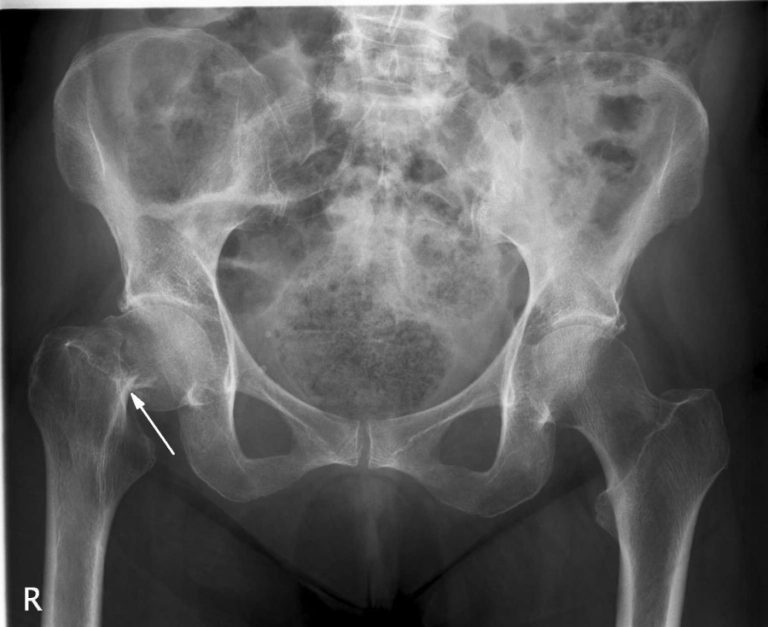Five Brands of Risk
Now That an FDA Official Has Voiced Concerns About A Group of Popular Medications, Some Patients Who Take Them Are Seeking Safer Options. It’s been a tough couple of weeks for the U.S. Food and Drug Administration (FDA) and pharmaceutical companies. But it’s also been difficult for the millions of people who are taking any of five medications cited as potentially dangerous at a Nov. 18 Senate hearing.
That hearing was held to explore the FDA’s record on warning people about drug risks. During his testimony, David J. Graham, associate director of the FDA’s office of drug safety, said underpublicized safety risks of five drugs — weight loss medication Meridia; acne drug Accutane; asthma medication Serevent; cholesterol drug Crestor; and painkiller Bextra — could lead to restrictions or withdrawal of the drugs from the market.
More than 15 million prescriptions were filled for the five drugs during the first nine months of this year, according to IMS Health, a pharmaceutical information and health care consulting company. While the makers rigorously defend the drugs’ safety when taken as directed, some people who take them are scared.
Michael Miller, director of the Center for Preventive Cardiology at the University of Maryland Medical Center in Baltimore , said at least 10 patients have called asking what to do. While some research suggests that Crestor carries greater risk of serious side effects than other statins, Miller said current knowledge does not warrant taking most patients off the drug. He will continue to monitor patients carefully and won’t prescribe Crestor to those at high risk for the most serious side effects.
If you are taking one of these drugs and want to consider another treatment, experts recommend consulting with your doctor before stopping or changing any regimen. Some drugs interact with others, so you should tell your doctor about any drugs — prescription or over-the-counter — you’re taking on a regular basis.
For those taking any of the five drugs, risks and options are discussed below.
• Meridia Used for weight loss, works by “acting on the appetite control centers in the brain,” according to its maker, Abbott Laboratories. The drug works best when combined with a low-calorie diet, the company says.
Risks Elevated risk of cardiovascular side effects, including heart attack and stroke.
Drugmaker Response Illinois-based Abbott says it stands behind the safety of the drug.
Alternatives The best way to drop pounds: Eat less, move more, doctors said. “I very much believe in behavior modification and lifestyle changes,” said Tania Heller, medical director of Suburban Hospital ‘s Center for Eating Disorders and Adolescent Obesity. For patients at high risk for complications of obesity — such as those with type 2 diabetes — drugs may help speed weight loss, Heller said. “But the key point to get across is not to rely only on medication” to lose weight, she said.
• Accutane A synthetic form of Vitamin A, used to treat severe acne.
Risks Can cause severe birth defects when taken by pregnant women.
Drugmaker Response The risk for birth defects when the drug is taken by pregnant women has been known since its 1982 approval, said Carolyn Glynn, spokeswoman for Roche Pharmaceuticals. Roche and the companies that distribute the three generic forms of Accutane require doctors to test women for pregnancy before prescribing the drug, and to sign forms stating they’ve educated patients about known risks.
• Serevent A long-acting inhaled bronchodilator (a drug that widens the airways in the lungs) used for long-term management of asthma and chronic obstructive pulmonary disease.
Risks “Rare but serious asthma episodes and asthma-related fatalities occurred in a study with Serevent,” GlaxoSmithKline reports on its Web site. “These risks may be greater in African Americans.” Researchers think risks are higher for people with certain types of beta receptors (which exist on cells that line the surface of organs, including the lungs); this type of receptor seems more common in black patients. Some people of other races may have this type of beta receptor, too, doctors said.
Drugmaker Response GlaxoSmithKline says it addressed this concern by adding a “black box” to Serevent’s label in August 2003, warning patients and doctors of this risk, according to a written statement the company issued on the day of Graham’s testimony. Patients should not stop taking Serevent without their doctor’s approval, the statement says.
• Bextra A COX-2 painkiller often used to treat osteoarthritis.
Risks Bextra may have the same cardiovascular risks as those that caused Merck & Co. to pull Vioxx from the market in September. Some experts say that COX-2 drugs in general may be unsafe for long-term use. Existing research both confirms and refutes this risk, so more studies are needed.
Drugmaker Response Pfizer considers the drug to be “safe and effective,” said spokeswoman Mariann Caprino. The drug company looks forward to the FDA’s February 2005 meeting on the safety of Bextra and Celebrex, the only other COX-2 drug left on the market, Caprino said.
• Crestor A statin drug used to treat high cholesterol.
Risks Kidney failure and rhabdomyolysis, a rare but potentially fatal muscle disease. Complications are more likely at higher doses (the highest approved dose in the United States is 20 milligrams; highest dosages elsewhere extend to 40 milligrams).


Drugmaker Response In a written statement issued Nov. 19, AstraZeneca said senior FDA officials reassured the firm that “there is no concern in relation to Crestor’s safety and that they [the FDA] have issued a statement explaining that Dr. Graham’s testimony does not reflect the views of the agency.” The company has also run newspaper advertisements to reassure patients taking Crestor of the drug’s safety.
Diet and exercise are also powerful tools to help keep cholesterol and blood pressure in check, though doctors caution patients not to forego medication for levels deemed dangerously high by their doctors.
But don’t stop taking your medication even if your cholesterol levels dip into safer territory. Former president Bill Clinton, who underwent emergency heart bypass surgery in September, had stopped taking his statin medication after losing weight and becoming more fit. His LDL — or “bad” cholesterol — level had decreased since his last presidential physical, from 177 to 114 when measured the week before his heart surgery. The recommended LDL level is less than 70.
By January W. Payne
Washington Post Staff Writer
Tuesday, December 7, 2004; Page HE01





